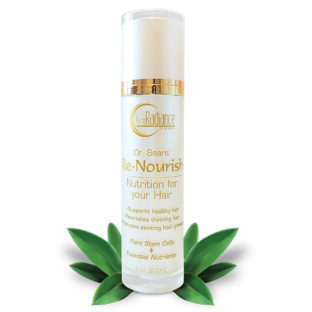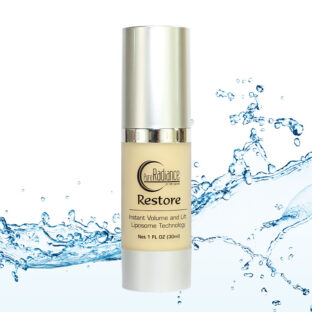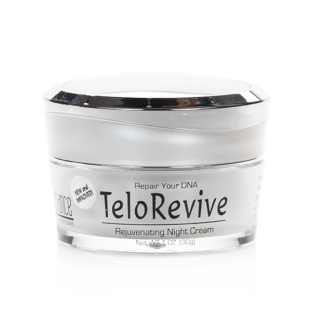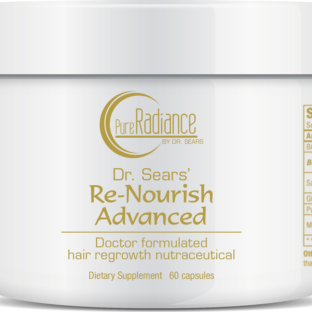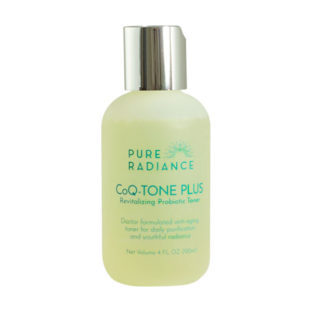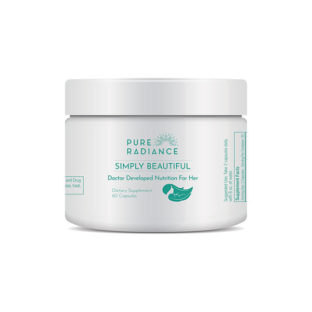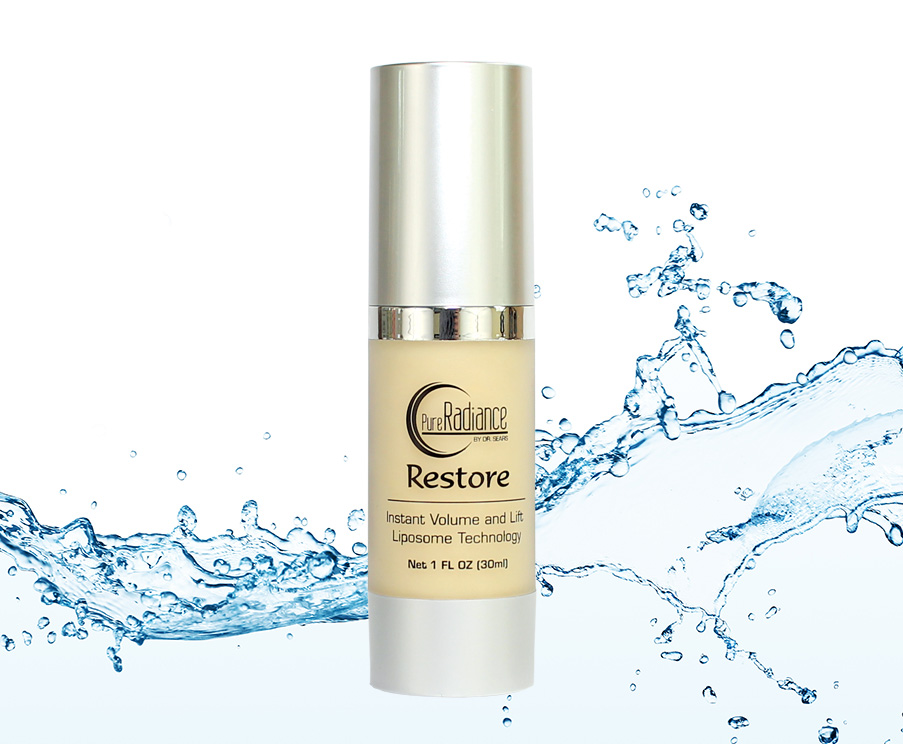I don’t watch much TV. But when I do it’s hard to get away from all the ads for yogurt aimed at women.
You’ve probably seen these ads, too. A famous Hollywood star meets “ordinary” women and convinces them to try it. Sure enough, their problems with “irregularity” disappear.
Have you noticed the fine print in those ads? You have to eat their yogurt three times a day to get the benefit.
Giant food companies are spending millions to convince you to buy these products. But, I haven’t found any – so far – I’d specifically endorse.
It’s true that yogurt, sauerkraut and other “probiotic” foods can be good for you… but don’t need to stuff yourself three times a day to have proper digestion, regularity, and good stomach health…
Besides, the friendly “microflora” in your stomach that probiotic foods support have a lot more benefits then just “regularity.” Especially for women.
Some forms of microflora make certain B vitamins – folate, riboflavin and B12.
You need B vitamins to convert food to energy. And they affect important women’s health issues.
Folate – also called vitamin B9 – is critical during a woman’s childbearing years. But as you age, folate is essential for proper sleep. And having high folate levels is also associated with protection from breast cancer.1
When folate is high:2
- A woman’s risk of heart attack drops by 43%.
- And a woman’s risk of stroke drops by more than a third.
Your body need another B vitamin – riboflavin – to make red blood cells. When your levels are low, your chances of developing anemia go way up.
Vitamin B12 is key to the production of hemoglobin – the substance in your blood that carries oxygen. Having enough B12 gives you lots of energy to get through the day.
Studies show that vitamin B12 deficiency leads to high homocysteine in vegetarians and people who don’t take in enough red meat, which is common among women.3 Homocysteine is the amino acid that causes cardiovascular disease when it gets too high.
Microflora also make vitamin K. In fact, they’re your main source of K2 – called menaquinone.
Vitamin K is best known for its role in blood clotting. But it has another job that’s important to women. You need it for bone health.
Vitamin K helps regulate three proteins used to build bones. When your vitamin K levels drop, your chances of losing bone strength and suffering fractures skyrocket.
I always recommend food as your best source of nutrients. So you do want to feed the friendly bacteria in your gut. Eat lots of foods that contain fructooligosaccharides (FOS).
FOS is a type of starch your body can’t digest. But friendly bacteria love it. Onions, garlic, asparagus and bananas are all excellent sources.
Also, don’t accidentally kill off the friendly bacteria in your gut. Eat fresh, whole foods. Many of the chemicals in pre-packaged foods – as well as artificial sweeteners made with sucralose – are harmful to healthy bacteria.
If you need additional good bacteria, choose an organic yogurt or kefir product with as little added sugar as possible, preferably none at all.
A daily probiotic supplement is a great way to boost the healthy bacteria in your gut, too. Look for a probiotic that contains at least one billion CFU – “colony forming units” and a few effective strains like LGG. More strains doesn’t mean a better probiotic.
To Your Good Health,
Al Sears, MD
1. Mohammad N, Yedluri R, Addepalli P, Gottumukkala S, Digumarti R, Kutala V. “Aberrations in one-carbon metabolism induce oxidative DNA damage in sporadic breast cancer.” Mol Cell Biochem. 2011 Mar;349(1-2):159-67.
2. Cui, R., Iso, H. et al. “Dietary Folate and Vitamin B6 and B12 Intake in Relation to Mortality From Cardiovascular Diseases. Japan Collaborative Cohort Study” Stroke. 2010 Published online before print April 15, 2010.
3. Wadoa. RS., Edul, NC., et al.“Hyperhomocysteinaemia And Vitamin B12 Deficiency In Ischaemic Strokes In India.” Annals of Indian Academy of Neurology. 2004;7(2):387-392.


